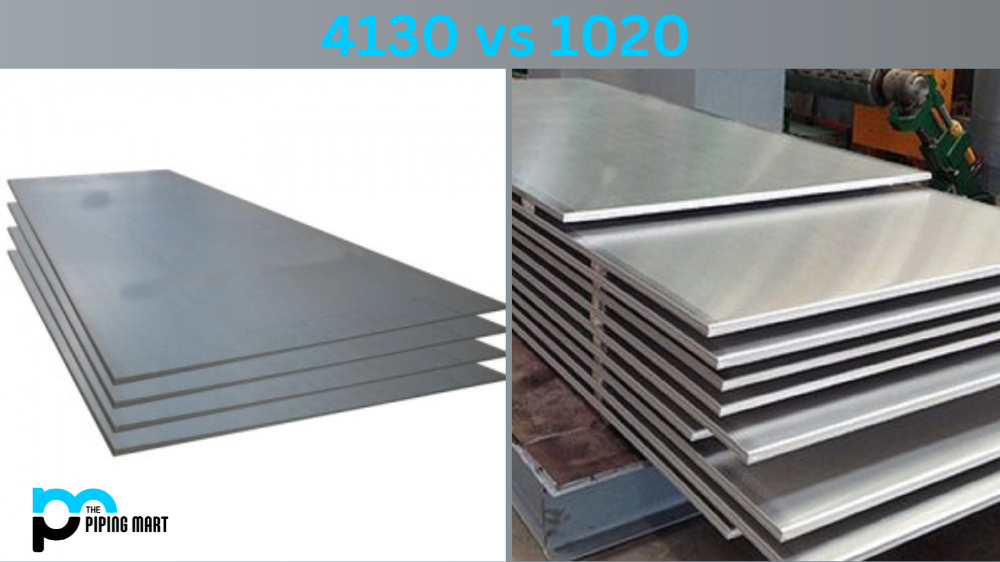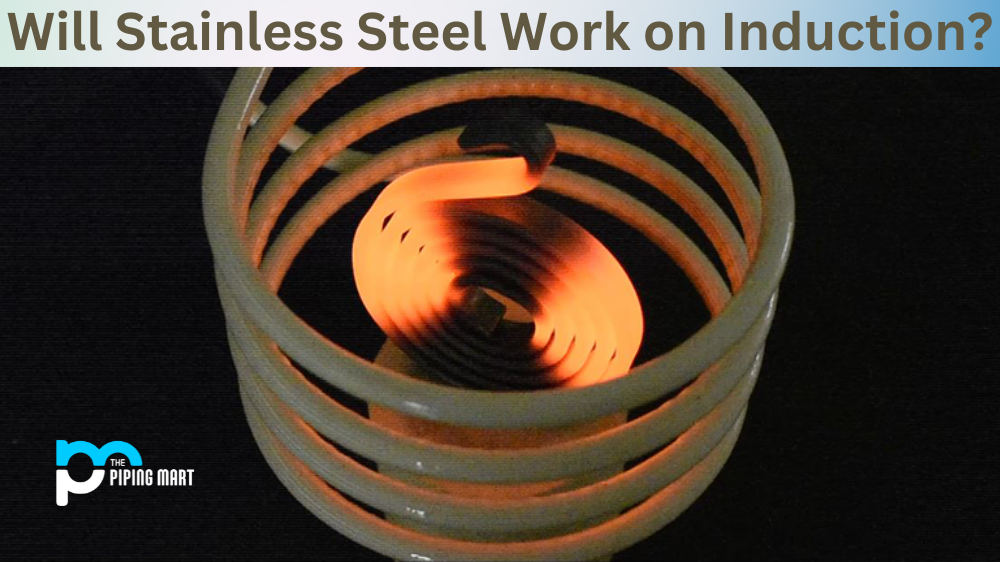When it comes to selecting the correct type of alloy steel for your project, there are a lot of factors to consider. Two of the most popular types of alloy steel used in manufacturing are 4130 and 1020. Both have unique characteristics that make them suitable for different applications. In this article, we will compare 4130 vs 1020 regarding their properties, uses, and benefits to help you determine which is suitable for your project.
Difference Between 4130 and 1020 Steel
Chemical Composition
The chemical composition of 4130 and 1020 alloy sheets of steel is different. 4130 steel contains chromium and molybdenum, which contribute to its strength and resistance to corrosion. On the other hand, 1020 steel has lower carbon content with no alloying elements. This makes 1020 steel more ductile and malleable than 4130 steel. However, both types of steel contain carbon and iron, which gives them their fundamental strength and durability properties.
Strength and Toughness
Regarding strength and toughness, 4130 steel is the clear winner. It has a higher tensile strength and yield strength than 1020 steel, making it ideal for applications that require high-stress resistance and structural integrity. 1020 steel, on the other hand, is more suitable for applications that require good weldability and versatility.
Weldability
Weldability is an essential factor to consider when choosing between 4130 and 1020 alloy steels. 1020 steel is more weldable than 4130 steel because it has lower carbon content, which makes it less susceptible to cracking during welding. 4130 steel, on the other hand, requires pre-weld stress relief treatment to avoid cracking. However, with the proper welding procedures and techniques, both steels can be readily welded.
Cost
Cost is a significant factor influencing your choice between 4130 and 1020 steel. 1020 steel is less expensive than 4130 steel because it is easier to manufacture and does not require additional alloying elements. However, if you need the specific properties of 4130 steel, the higher cost may be worth the investment.
Applications
Both 4130 and 1020 alloy steels have unique applications and benefits. 4130 Steel is commonly used in aerospace, automotive, and oil and gas industries due to its high strength and resistance to corrosion. 1020 steel is often used in construction, manufacturing, and low-stress applications due to its excellent weldability and malleability.
Conclusion
In conclusion, the choice between 4130 and 1020 alloy steel depends on the specific requirements of your project. 4130 steel is a high-strength alloy ideal for high-stress and corrosion-resistance applications. 1020 steel, on the other hand, is a low-carbon steel that is more weldable and malleable than 4130 steel. It is suitable for applications that require good weldability and versatility. Consider both steels’ chemical composition, strength, weldability, cost, and applications before making your final decision.

Hey, I’m Krutik, a casual blogger expert in the metal industry. I am passionate about providing valuable information to my readers. With a background in engineering and construction, I like playing Cricket & watching Netflix shows in my free time. Thank you for visiting my blog, and I hope you find my information helpful!




